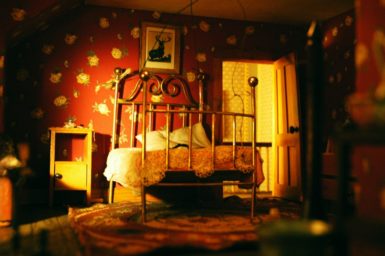
Frances Glessner Lee: How One Late Bloomer’s Deathly Dollhouses Influenced CSI
A grandma born in the Victorian era practically invented forensics in her 50s. Frances Glessner Lee’s peculiar tool—miniature murders staged in dollhouses.
As J.R.R. Tolkien wrote, “Not all those who wander are lost.” These late-blooming explorers highlight the connection between creativity and adventure. Whether we travel through books, dreams, or distant lands, we find ways to bloom in our own time.

A grandma born in the Victorian era practically invented forensics in her 50s. Frances Glessner Lee’s peculiar tool—miniature murders staged in dollhouses.
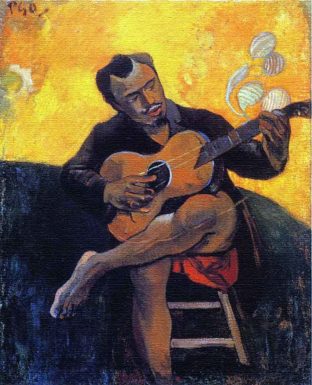
Leo Fender has been called “The Henry Ford of electric guitar.” But this late-blooming rock innovator started out as an accountant and didn’t even know how to play or tune a guitar!
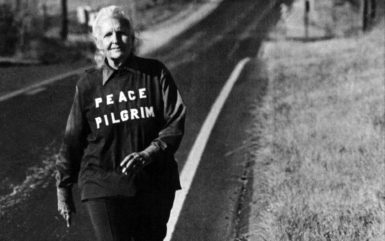
There was nothing remarkable about Mildred Norman at first. You’d never guess that, at 45, she’d give away all her possessions, don a tunic emblazoned Peace Pilgrim, and walk the U.S. for 28 years preaching nonviolence.
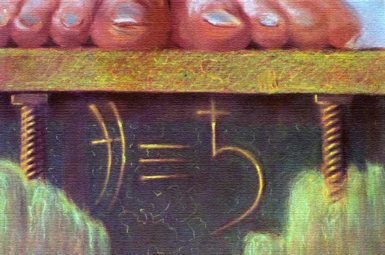
Mary Somerville’s father feared for her sanity. Why couldn’t she interest herself in music and fashion magazines? But no, Mary wanted to be a mathematician, and in the end, Oxford named a college after her.
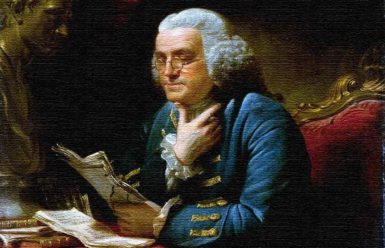
He was a printer, statesman, activist, inventor, and diplomat. By 26, he was a best-selling author. Yet it didn’t pursue his true passion until his 70s when he helped found the United States.
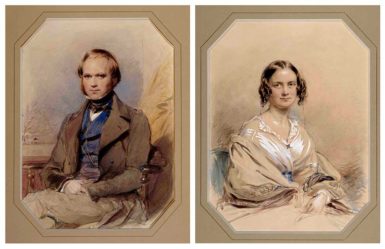
Charles Darwin published On the Origin of Species at age 50, after waiting more than two decades. Biographers have called this his “great procrastination.” Was it really?
Design & Copyright by Debra Eve © 2011-2023